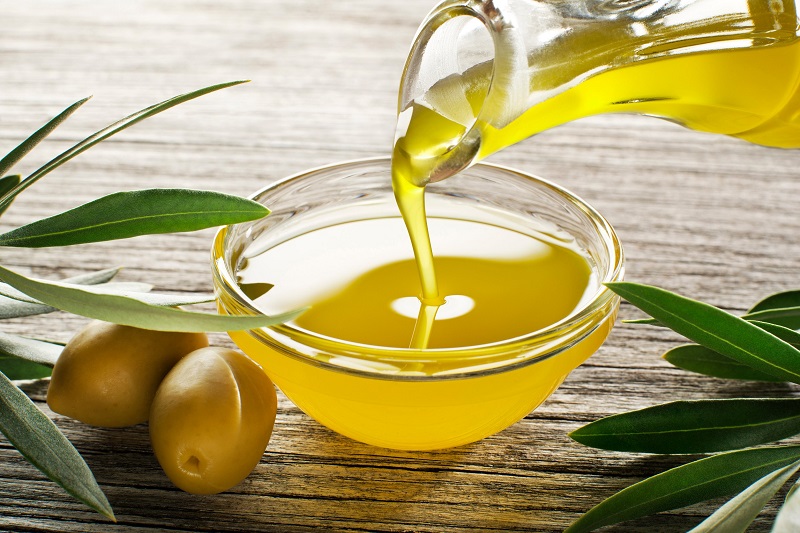The fatty acids in olive oil have a number of beneficial properties, which also promote weight loss.
Olive oil is probably the most common staple in the Mediterranean diet, rich in essential omega-3 and omega-6 fatty acids, full of antioxidants, with anti-inflammatory and vascular protective properties.
This valuable oil not only helps to maintain health, but can also be a trigger and supporter of weight loss. Contrary to popular belief, oils and fats can be more than just fattening – they are also very harmful to health.
Accelerates fat burning
Olive oil is rich in medium-chain triglycerides, which have long been studied for their anti-obesity and weight loss promoting effects. These triglycerides are rapidly broken down and transported to the liver where they are converted into energy. A 2014 study found that they can increase the production of the satiety hormone YY peptide. The higher the levels, the long lasting the feeling of fullness can be. Other research suggests that these triglycerides can even increase calorie and fat burning.
Reduces body weight
Olive oil is a rich source of polyunsaturated fatty acids, and also contains plenty of monounsaturated fatty acids, which can withstand high heat. In a four-week study of obese people, the researchers looked at the effects of olive oil and found some weight loss in the participants.
The subjects were divided into two groups; one group consumed monounsaturated fatty acids and the other saturated fatty acids. While nothing else was changed in their diets, a reduction in BMI, or body mass index, was recorded in the former group.

Balances blood sugar levels
There are two studies that show the blood sugar stabilizing effects of olive oil consumption. It reduces by 40% the development of type 2 diabetes, which is often associated with obesity, even without any changes in diet or lifestyle other than the use of olive oil. Stable blood glucose levels can prevent the feeling of sudden hunger and carbohydrate cravings.
Olive oil consumption
It makes a difference which type of oil is used. Extra virgin olive oil contains important bioactive ingredients and antioxidants, more than refined olive oil. It is also worth reading the ingredients on the labels of the bottles to make sure that you are buying extra virgin olive oil.
Regular consumption of olive oil has many benefits, but it is important bearing in mind that a single tablespoon of olive oil contains 119 calories, so persons on a calorie-counting diet should be careful about the amount – if you consume too much, you will eventually gain, rather than lose weight. In moderation, olive oil can be used as a salad dressing, to flavor pasta or soups, or even for frying.
Calorie content of commonly used oils
When dieting, it is important to pay attention not only to the ingredients in different foods, but also to the oil used for cooking.

